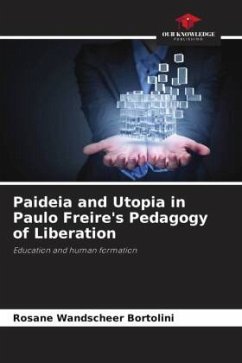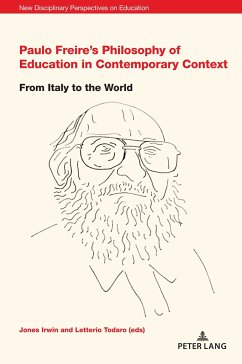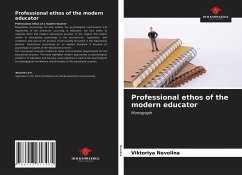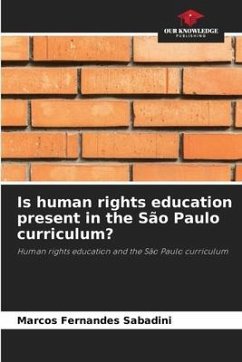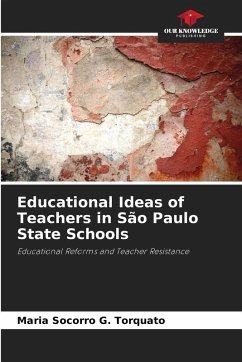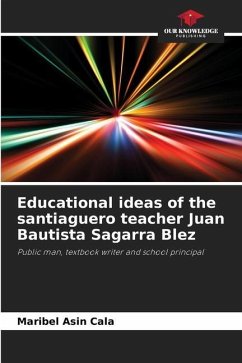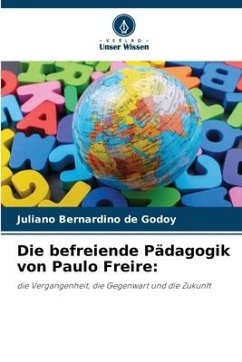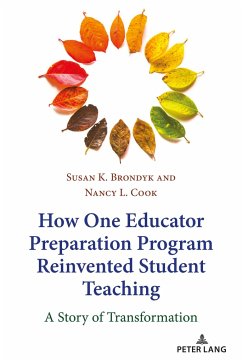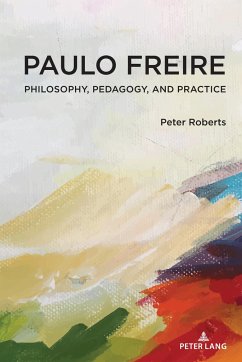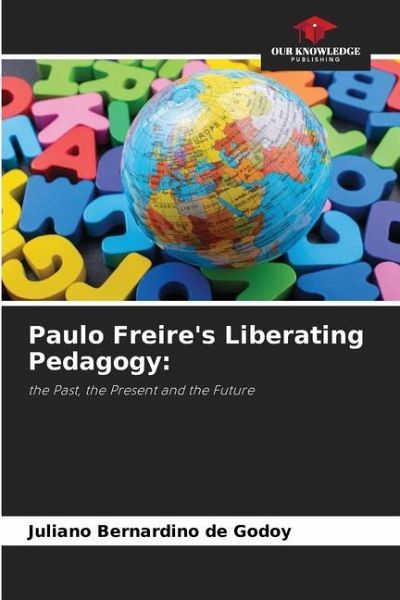
Paulo Freire's Liberating Pedagogy:
the Past, the Present and the Future
Versandkostenfrei!
Versandfertig in 6-10 Tagen
27,99 €
inkl. MwSt.

PAYBACK Punkte
14 °P sammeln!
It is impossible to talk about Paulo Freire's understanding of education without referring to and dwelling on an intrinsic part of it: his "Literacy Method". He proposes and encourages the insertion of illiterate adults into their social and political context, into their reality, promoting an awakening to full citizenship and social transformation. His ideas were born in the context of the Brazilian Northeast from the 1950s onwards, where half of its 30 million inhabitants were illiterate, with the predominance of colonialism and all the experiences imposed by a reality of oppression, impositi...
It is impossible to talk about Paulo Freire's understanding of education without referring to and dwelling on an intrinsic part of it: his "Literacy Method". He proposes and encourages the insertion of illiterate adults into their social and political context, into their reality, promoting an awakening to full citizenship and social transformation. His ideas were born in the context of the Brazilian Northeast from the 1950s onwards, where half of its 30 million inhabitants were illiterate, with the predominance of colonialism and all the experiences imposed by a reality of oppression, imposition, limitations and many needs. Paulo Freire's literacy method is the result of many years of Freire's work and reflections in the field of education, especially adult education in proletarian and sub-proletarian regions, both urban and rural, in Pernambuco. The Paulo Freire method encourages the literacy/education of adults through the discussion of their life experiences with each other, the participants of the same experience, through theme/words that generate the students' reality, which is decoded for the acquisition of the written word and the understanding of the world.



